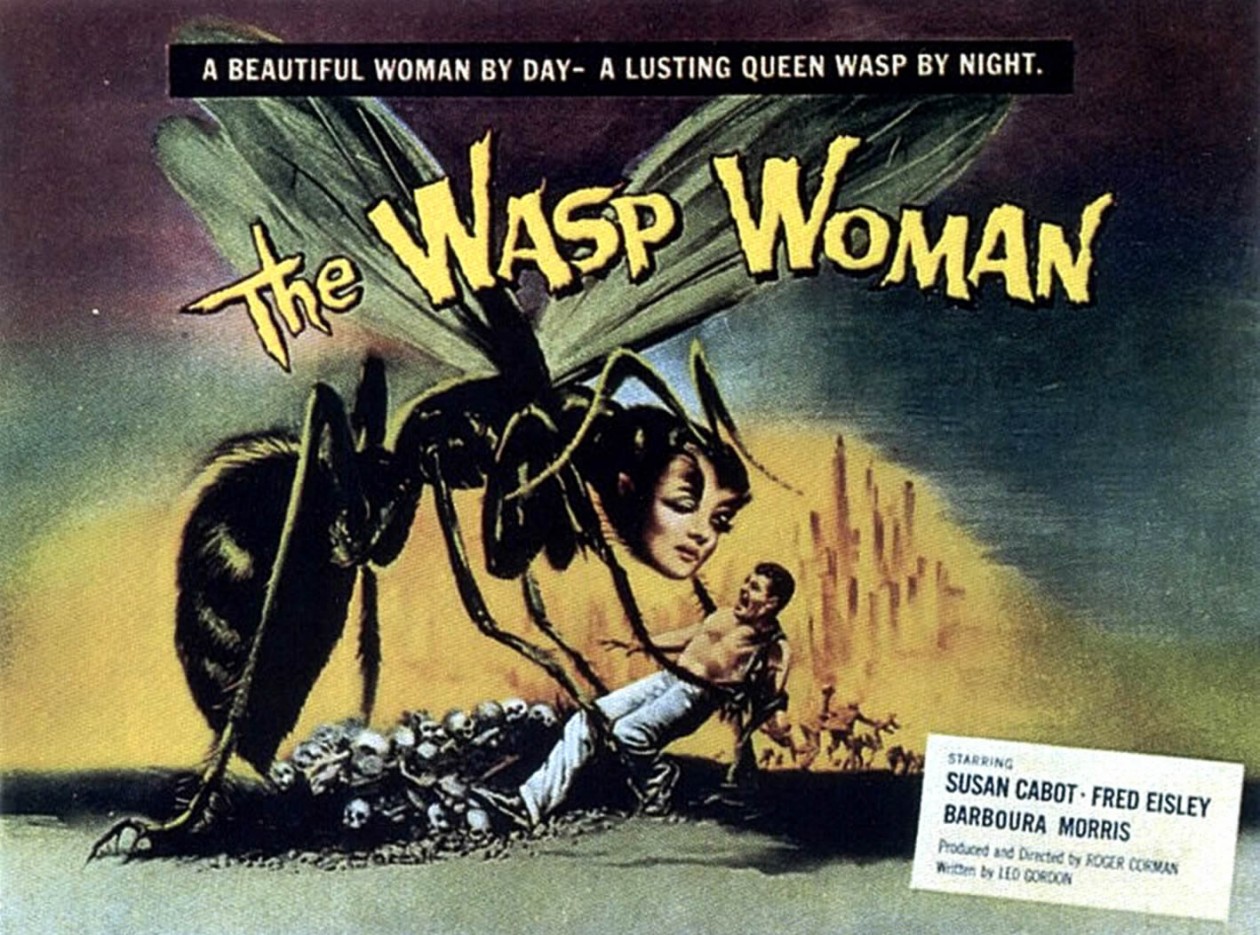“The New Yorker: Against Nature – Elisabeth Badinter’s Contrarian Feminism” by Jane Kramer
- Elisabeth Badinter polled France’s “most influential intellectual” in 2011
o Believes that young women are “falling victim to sociobiological fictions that reduce them to the status of female mammals, programmed to the ‘higher claims’ of womb and breast.”
o Wrote 5 bestsellers on feminism
o 1st: “Lamour en Plus” : a history of the changing notions of mother love
o Dismisses the myth of maternal instinct as a somewhat “cultural construct”
o Latest book: “Le Conflit: La Femme et la Mère”
- Analysis of what she sees as a “spreading cult of ‘motherhood fundamentalism’ in the West
- Denounces the model of motherhood : “that primitive idea that nature is God” – “I have a horror of that naturalistic ideology”
- Questions just what we mean when we say “maternal instincts”
- Feminist guide to her readers
- Sees a conspiracy against women’s freedom, fuelled by economically uncertain times and religion
- Calls it “an identity crisis perhaps unprecedented in human history”
- Badinter rarely mentions her mother, who worked for “Elle” magazine – says the relationship between mothers and daughters is “complicated”
o Had a very special/profound relationship with her father
o Suspects that most strong women have fathers like hers
o Married a man 14 years older, had 3 children in 3 ½ years because “he was older and he wanted it”
- Always had an au pair for her children—couldn’t have completed her exams without one
- Criticism of today’s mothers:
o Rejects the notion that a child needs “only” its mother
o Women are falling victim of a movement that is a modern, moral worship of all things natural
- Ex: Won’t use epidurals because they want to “feel” what it is to be a woman
- Idea that if you’re not suffering, you have failed the experience of maternity
- Badinter: You should decide for yourself what’s “right” as a mother
- Kramer asks her: How can equality happen if we will make no exceptions for inequality?
o Badinter answers: “There are no exact solutions. Women still bear the burdens of private life—home, children, family, and also of work, of public life—and without the equality of private life we will never have the same liberty as men.”
- Questions:
o The male characters in “The Help” had particularly minor roles, with the exception of Celia Foote (Jessica Chastain)’s husband, Johnny – do you think this was necessary in order to focus on the relationships between the women and establish a sense of female dominance, or could the same effect have been achieved had there been more of a male presence? (Did the female-female dynamic accomplish something that a male-female dynamic couldn’t have?)
o Badinter rejects the notion that children “only” need their mothers; even though many characters in the film had strained mother-daughter relationships, they still emphasized the role of the maid in raising the children (and still maintained the mother-like figure). So, by her standards, is “The Help” Badinter-approved? Does it display that children don’t really depend on their mothers, or does it show that they need some sort of motherly figure to raise them, even if it is not their biological mother?
